Ten Questions for Sophie Mackintosh

“There’s a balance to be struck between what you reveal and what you hold back.” —Sophie Mackintosh, author of Blue Ticket
Jump to navigation Skip to content
Read weekly interviews with authors to learn the inside stories of how their books were written, edited, and published; insights into the creative process; the best writing advice they’ve ever heard; and more.

“There’s a balance to be struck between what you reveal and what you hold back.” —Sophie Mackintosh, author of Blue Ticket
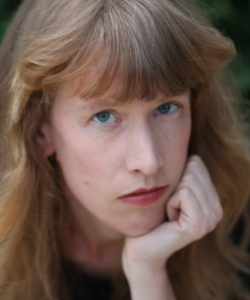
“Writing is supposed to be fun. Enjoy yourself.” —Kyle McCarthy, author Everyone Knows How Much I Love You
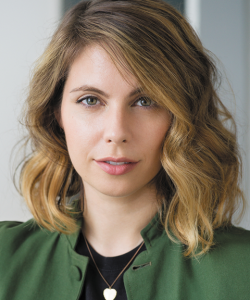
“I always write better from a place of joy than I do from a place of discipline.” —Emily Temple, author of The Lightness
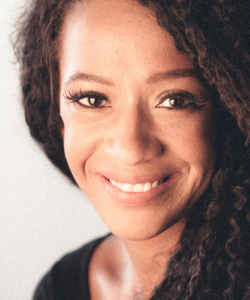
“The uneven rhythms of grief don’t allow you to do or to feel life as you did before.” —Rachel Eliza Griffiths, author of Seeing the Body

“What’s most fundamental is being able to listen.” —Lauren Russell, author of Descent
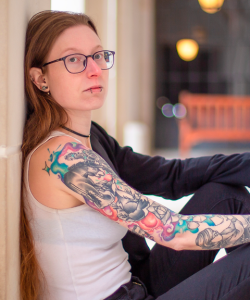
“I have a deeply unhealthy work-life balance in that the Venn diagram of those things is a circle.” —Ilana Masad, author of All My Mother’s Lovers
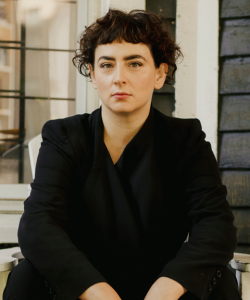
“I’m mistrustful of writing advice in general.” —Kate Zambreno, author of Drifts
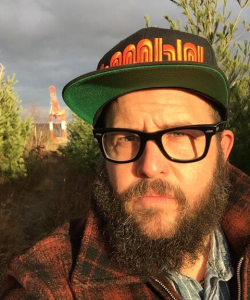
“It is a vulnerable thing to expose one’s least-glamorous moments to the scrutiny of the page.” —Cooper Lee Bombardier, author of Pass With Care
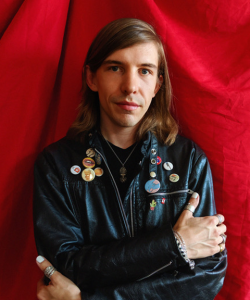
“Write what you do not know, which I think is particularly helpful because—not to sound too much like Socrates—I’m not really convinced that anyone knows anything.” —John Elizabeth Stintzi, author of Vanishing Monuments

“There was nothing hard about writing it, it was more like finally giving in to some terrible force.” —Rufi Thorpe, author of The Knockout Queen
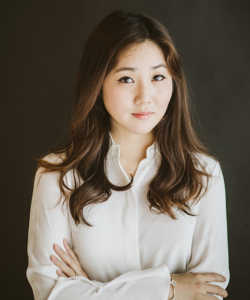
“I need three things to write: snacks, drinks, and silence.” —Frances Cha, author of If I Had Your Face
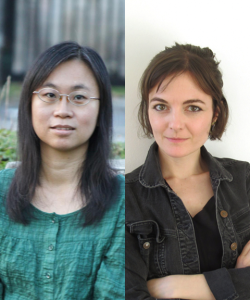
This week’s installment of Ten Questions features Ho Sok Fong and Natascha Bruce, the author and the translator of the story collection Lake Like a Mirror.
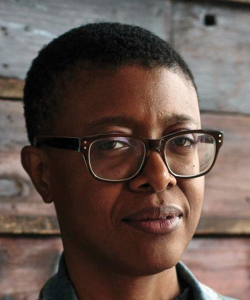
“The biggest challenge for me to accomplish any project is working to keep myself out of the way.” —Krista Franklin, author of Too Much Midnight

“Just opening the document each day keeps it on track.” —Rebecca Dinerstein Knight, author of Hex
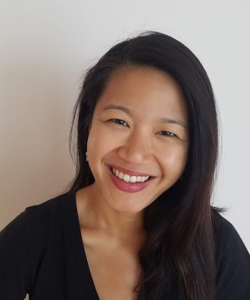
“I wish I could simply walk into an office every day and feel ready to go, but that’s just not the case for me, and I know that by now.” —Marianne Chan, author of All Heathens
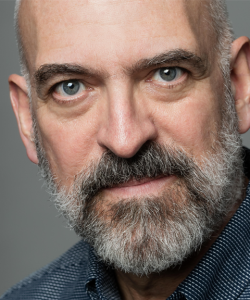
“Work that’s good, that’s itself, eventually gets seen.” —Paul Lisicky, author of Later
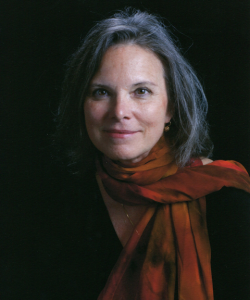
“The greatest challenge was in recognizing which poems belonged to this book and which did not.” —Carolyn Forché, author of In the Lateness of the World

“I find the notion of being ‘a writer’ ephemeral and fraught, while ‘someone who wrote today’ feels straightforward and manageable.” —Jordan Kisner, author of Thin Places
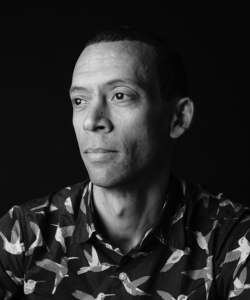
“There’s no shortcut. Not for anything.” —Kawai Strong Washburn, author of Sharks in the Time of Saviors
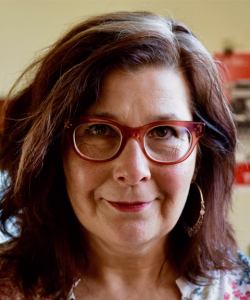
“At the heart of it, writing is about connection—to yourself, to those you love, and then, hopefully, to others.” —Nancy Krygowski, author of The Woman in the Corner
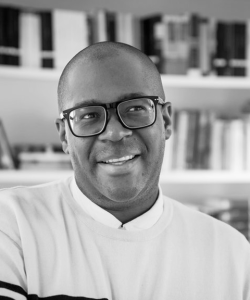
“For a while, I was most productive at night, then mornings. Now it’s just whenever there’s a moment.” —Brandon Taylor, author of Real Life
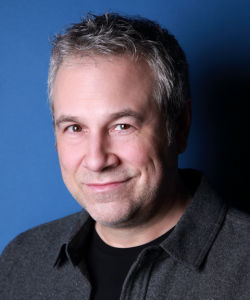
“It wasn’t until the final year or so that I felt I had some control over the shape and content, that I understood how the pieces worked together.” —Mark Bibbins, author of 13th Balloon
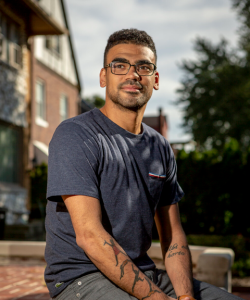
“I didn’t understand how important Chicago and South Shore were to me until I left.” —Gabriel Bump, author of Everywhere You Don't Belong
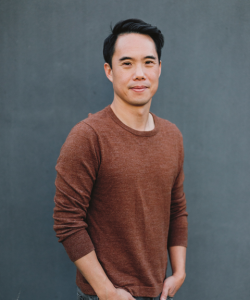
“I had a substantially different version of this book that just wasn’t working, scrapped it, did that again, and then the third time was a charm.” —Charles Yu, author of Interior Chinatown
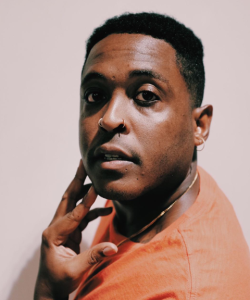
“The book didn’t announce itself to me until 2017, when I went looking for it. I scanned over the poems I had been writing, scanning to see what my brain had been up to without me noticing.” —Danez Smith, author of Homie